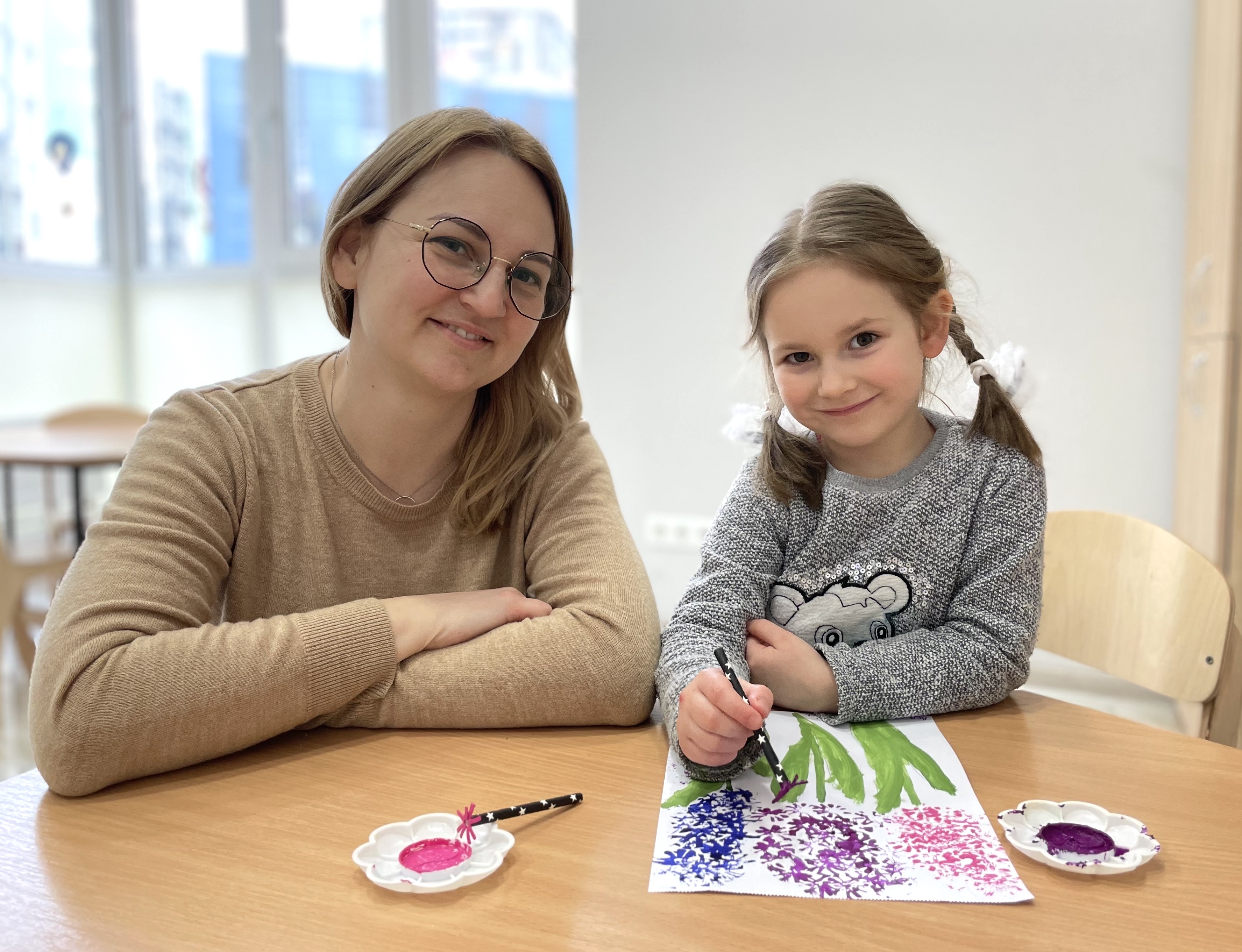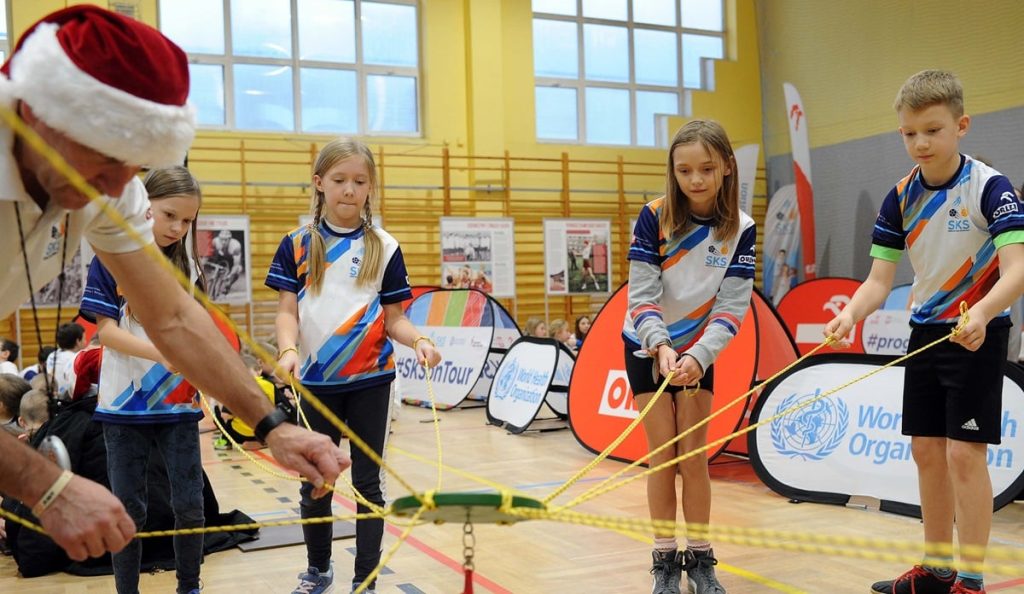Kindergartens in Ukraine play a crucial role in the early childhood education system, serving as the foundation for a child’s cognitive, social, and emotional development. As the country continues to navigate the complexities of war and reform, kindergartens have become more than just educational institutions—they are vital community hubs that provide safety, support, and a sense of normalcy for young children.
This article explores the current state of kindergartens in Ukraine, highlighting their significance in the broader context of education, culture, and recent reforms. It also examines how the ongoing conflict has impacted these institutions and what the future holds for early childhood education in the country.
The Role of Kindergartens in Ukrainian Society
In Ukraine, kindergartens serve as the first step in a child’s formal education, typically enrolling children between the ages of 3 and 6. These institutions are designed to foster a love of learning while preparing children for the transition to primary school. They offer a structured environment where children can develop essential skills such as communication, problem-solving, and cooperation.
Beyond academic instruction, kindergartens also play a critical role in promoting social integration and cultural identity. In a country with a rich history and diverse communities, kindergartens help children understand and appreciate their heritage while embracing the values of inclusivity and respect.
The importance of kindergartens is particularly evident in times of crisis. During the ongoing war, many families have been displaced or separated, making it even more vital for kindergartens to provide a stable and nurturing environment for children. These institutions often serve as safe spaces where children can express their emotions, receive psychological support, and reconnect with their peers.
Impact of the War on Kindergartens
The war has had a profound impact on kindergartens across Ukraine. Many institutions have been damaged or destroyed, forcing educators and families to find alternative solutions. In some areas, kindergartens have been repurposed as shelters or emergency centers, reflecting the adaptability of these institutions in times of need.
One of the most tragic incidents occurred in Kharkiv, where a Russian strike hit a kindergarten, resulting in casualties and widespread trauma. This event highlighted the vulnerability of children in conflict zones and underscored the urgent need for improved safety measures in educational institutions.
Despite these challenges, kindergartens continue to operate in many parts of Ukraine, often with the support of local communities and international organizations. Educators have adapted their teaching methods to accommodate the realities of war, incorporating elements of resilience and mental health support into their curricula.
Recent Reforms in Early Childhood Education
In recent years, Ukraine has undertaken significant reforms to improve its early childhood education (ECEC) system. These efforts have been driven by the goal of aligning the country’s ECEC with European standards and ensuring that all children have access to quality education.
One of the most notable developments was the adoption of the Law on Early Childhood Education and Care on 6 June 2024, which came into effect on 1 January 2025. This law establishes a comprehensive framework for the ECEC system, emphasizing accessibility, quality, and inclusivity. It introduces several key changes, including:
- Annual leave: 56 calendar days of annual leave for all teaching staff.
- Reduced workload: Lowering the workload of educators, methodologists, and other staff members.
- Increased salary options: Allowing ECEIs’ founders to set higher salaries and bonuses.
- Territorial accessibility: Ensuring that ECEC is accessible to all children, regardless of their location.
- Parental rights: Granting parents the right to design individual educational paths for their children.
- Flexible educational formats: Allowing ECEIs to offer on-site, network-based, and distance learning options.
- New types of ECEIs: Introducing mobile preschools, mini-kindergartens, and pedagogical partnership centers.
These reforms aim to create a more flexible and responsive ECEC system that meets the needs of both children and families. They also reflect a growing recognition of the importance of early childhood education in building a strong and resilient society.
Challenges and Opportunities
While the reforms have brought about positive changes, they have also presented new challenges. One of the main obstacles is the shortage of qualified educators, exacerbated by the war and the displacement of many professionals. To address this issue, the government has introduced initiatives such as the Quick Start program, which provides condensed training courses for aspiring teachers.
Another challenge is the need to ensure that all children, especially those with disabilities, have equal access to quality education. The My Fortress initiative, part of the Ministry of Education and Science’s strategic plan, aims to equip every ECEI with reliable shelters and safe environments, ensuring protection for all participants in the educational process.
Despite these challenges, there are also opportunities for growth and innovation. The digitization of ECEC, for example, has enabled the implementation of electronic enrollment systems and the use of technology to enhance teaching and learning. This shift not only improves efficiency but also helps bridge the gap between urban and rural areas, where access to education has historically been limited.
The Future of Kindergartens in Ukraine
As Ukraine continues to recover from the war, the future of kindergartens will depend on sustained investment, policy support, and community engagement. The government, along with international partners, must prioritize the development of a robust and inclusive ECEC system that can withstand future challenges.
Looking ahead, there are several key areas that require attention:
- Infrastructure development: Ensuring that kindergartens are equipped with safe and modern facilities.
- Teacher training: Providing ongoing professional development for educators to enhance their skills and knowledge.
- Community involvement: Encouraging families and local organizations to participate in the education and care of children.
- Policy continuity: Maintaining a consistent and supportive regulatory framework for ECEC.
By addressing these issues, Ukraine can build a stronger and more resilient early childhood education system that benefits all children, regardless of their background or circumstances.
Conclusion
Kindergartens in Ukraine are more than just places of learning—they are vital components of the country’s social and cultural fabric. Despite the challenges posed by the war, these institutions continue to provide essential services to children and families, adapting to changing circumstances while maintaining their commitment to quality education.
As Ukraine moves forward with its reforms and recovery efforts, the role of kindergartens will remain central to the nation’s development. By investing in early childhood education, the country can lay the foundation for a brighter and more equitable future for all its children.
Stay updated with the latest news on education and reforms in Ukraine. Explore today’s headlines and learn more about the ongoing efforts to support children and families across the country.
Author: [Name]
Title/Role: [Job Title or Expertise]
Credentials: [Summary of qualifications or experience related to education and child welfare]
Profile Link: [Optional profile link]
Sources:
– Ukrainian Ministry of Education and Science
– Hope and Homes for Children
– United Nations Children’s Fund (UNICEF)
Related Articles:
– The State of Early Childhood Education in Ukraine
– Reforms in Ukrainian Education Post-War
– Supporting Children in Conflict Zones
Image Optimization:














More Stories
US Trending News: The History and Legacy of Zoo York in Streetwear Culture
Understanding ‘You Got That Right’ in The New York Times: Context and Implications
US Trending News: What Are Winter Bones? A Guide to the Seasonal Trend in Bone Health